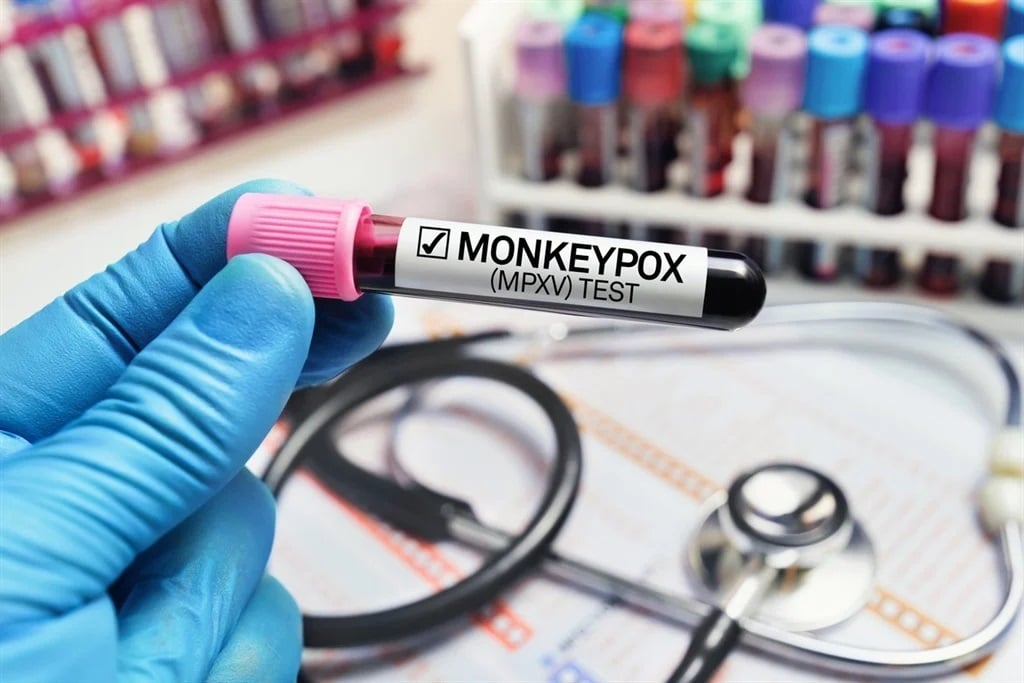
WHO’s partners can now start ordering mpox vaccines, despite approval still pending
The World Health Organization said on Friday that its partners, including Gavi and Unicef, can start buying mpox vaccines before they are approved by the UN health agency, in a bid to get inoculations to Africa faster as the continent battles an escalating outbreak of the virus.
Traditionally, organisations such as Gavi, which help lower-income countries buy vaccines, can only start purchasing shots once they have approval from the WHO. But the rules have been relaxed in this instance to get talks moving, as the WHO’s approval is due in a few weeks.
READ: WHO declares Mpox in Africa as an international public health emergency
Two vaccines, made by Denmark’s Bavarian Nordic BAVA.CO and Japan’s KM Biologics, are already approved by regulators around the world, including the United States and Japan, and have been in widespread use for mpox since 2022.
Around 1.2 million people have had Bavarian Nordic’s vaccine in the United States alone. The WHO is expected to grant an emergency licence to the shots in September.
Mpox, a viral infection that spreads through close contact and is usually mild but can kill, was declared a public emergency of international concern by the WHO last week after a new offshoot of the virus spread quickly in the Democratic Republic of Congo and beyond.
Earlier this month, the WHO asked vaccine manufacturers to submit information so it could accelerate its approval process, and grant an emergency licence by mid-September.
READ: Mpox scare at Hammanskraal school: Gauteng education department retracts premature confirmation
However, this week, one of the vaccine manufacturers, Bavarian Nordic, said it needed orders immediately from organisations such as Gavi and the WHO to make more shots this year, raising fears that lower-income countries could miss out or be forced to rely once again on precarious donations from high-income countries, as happened during the Covid-19 pandemic.
Some donated mpox vaccines are due to arrive in Africa next week, the Africa Centres for Disease Control and Prevention has said.
This article was originally published by a www.news24.com . Read the Original article here. .


